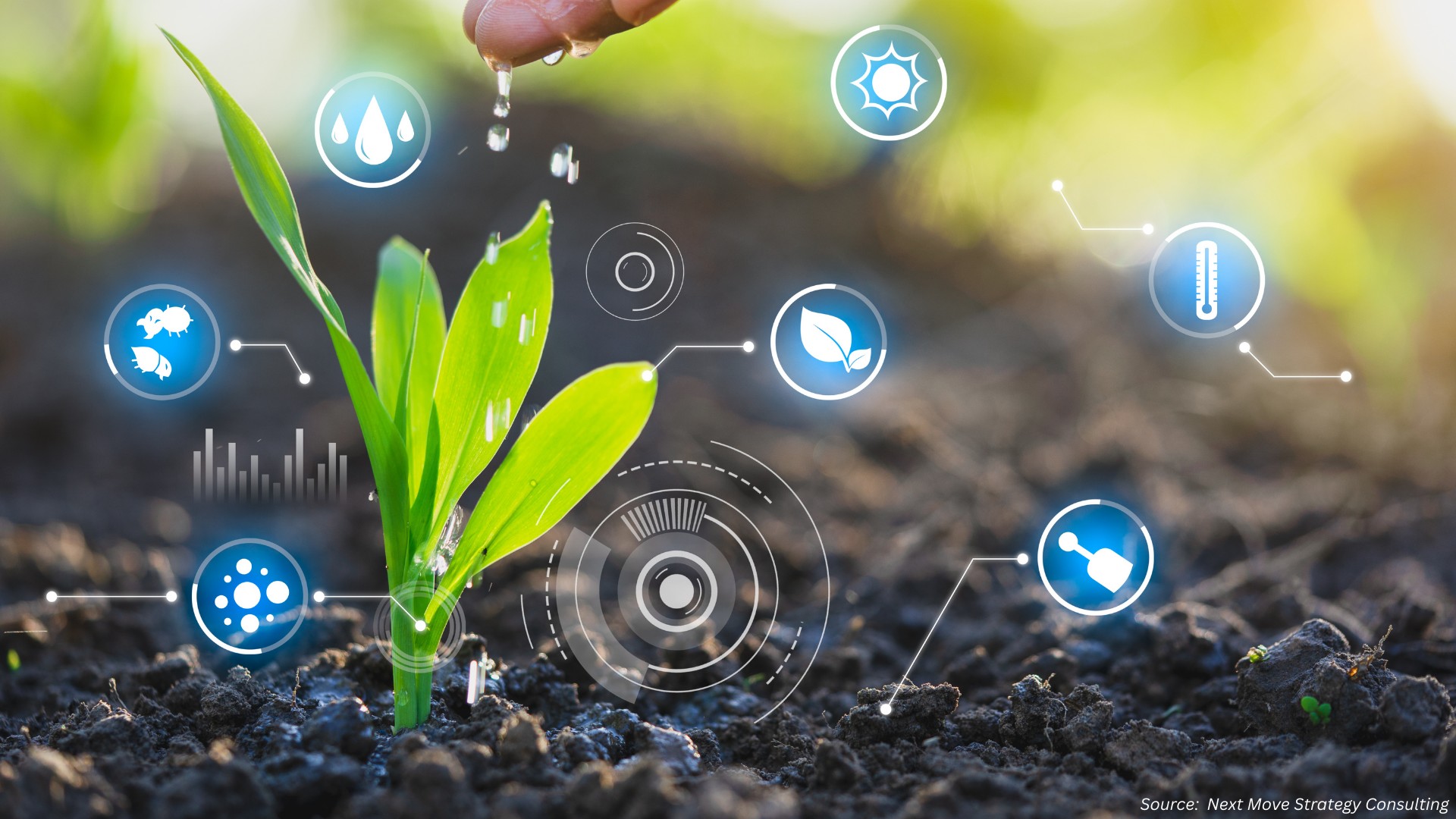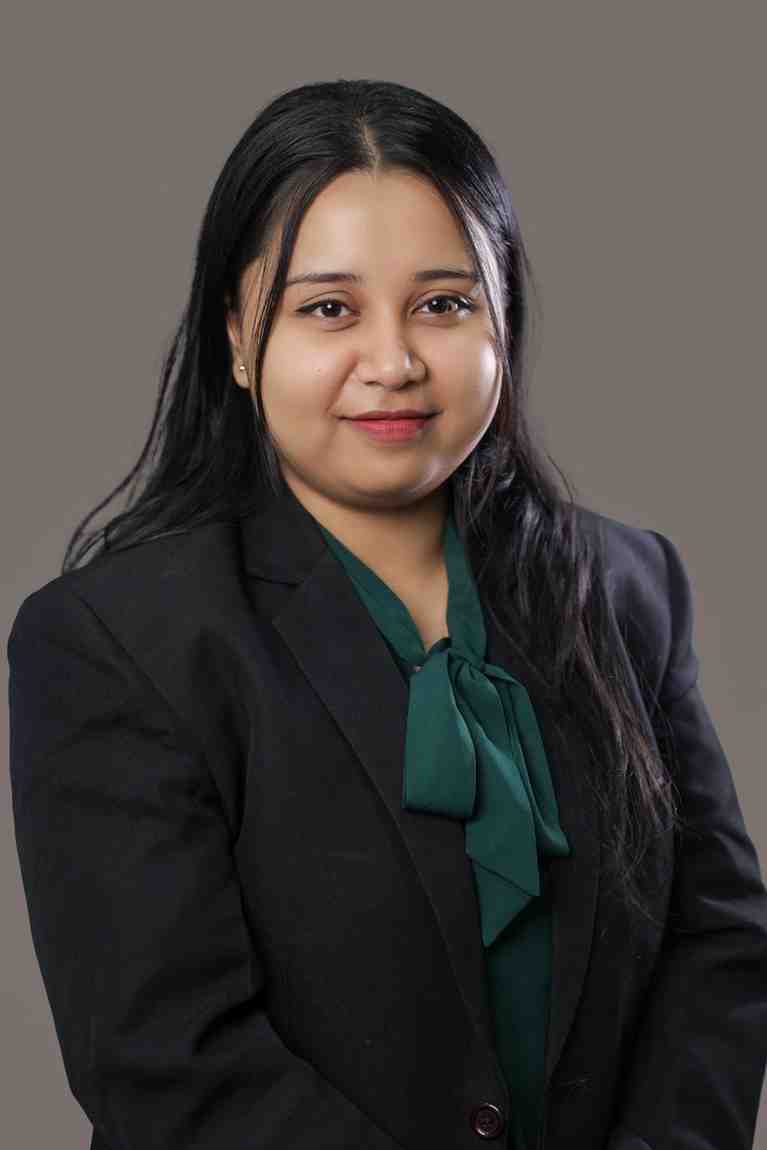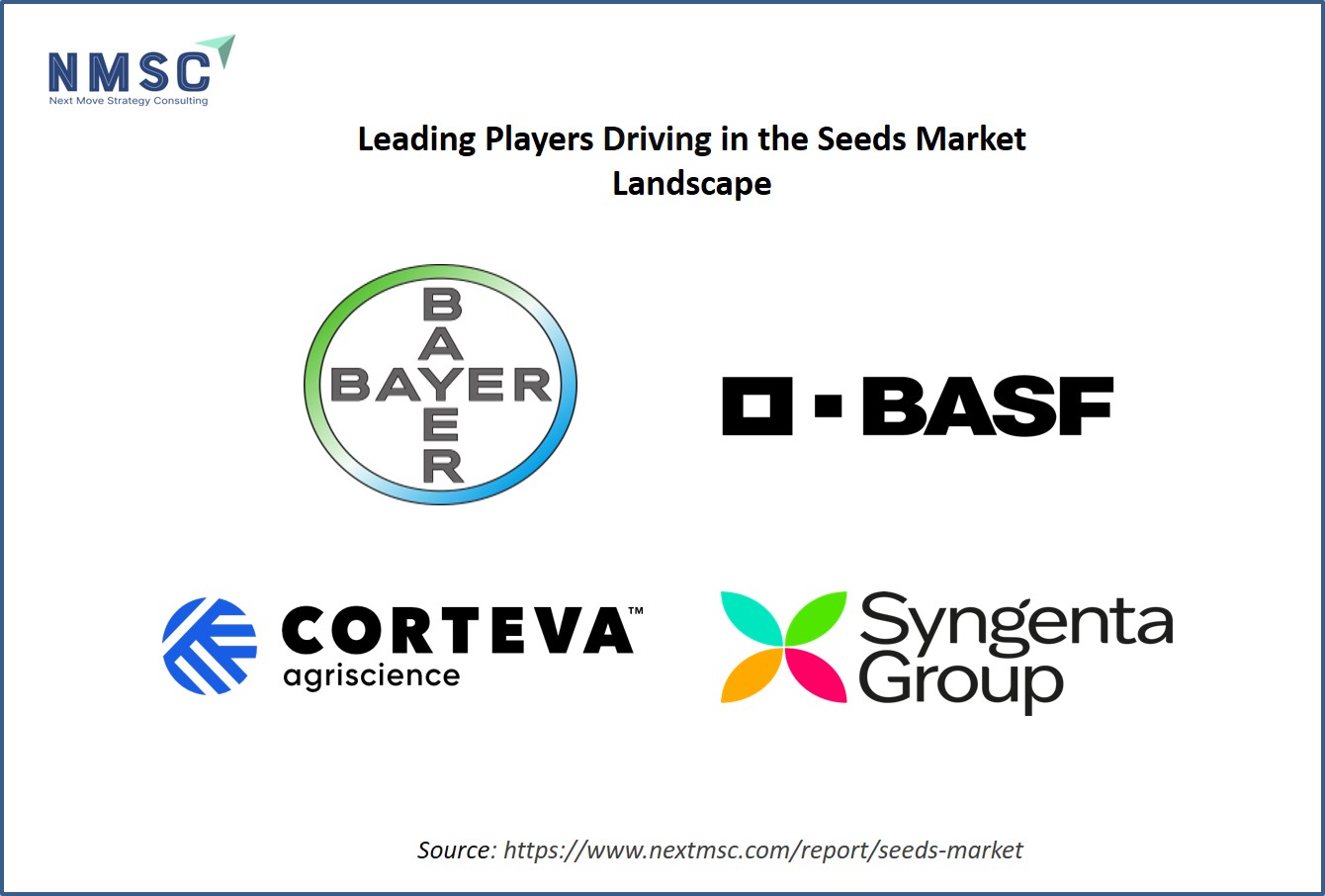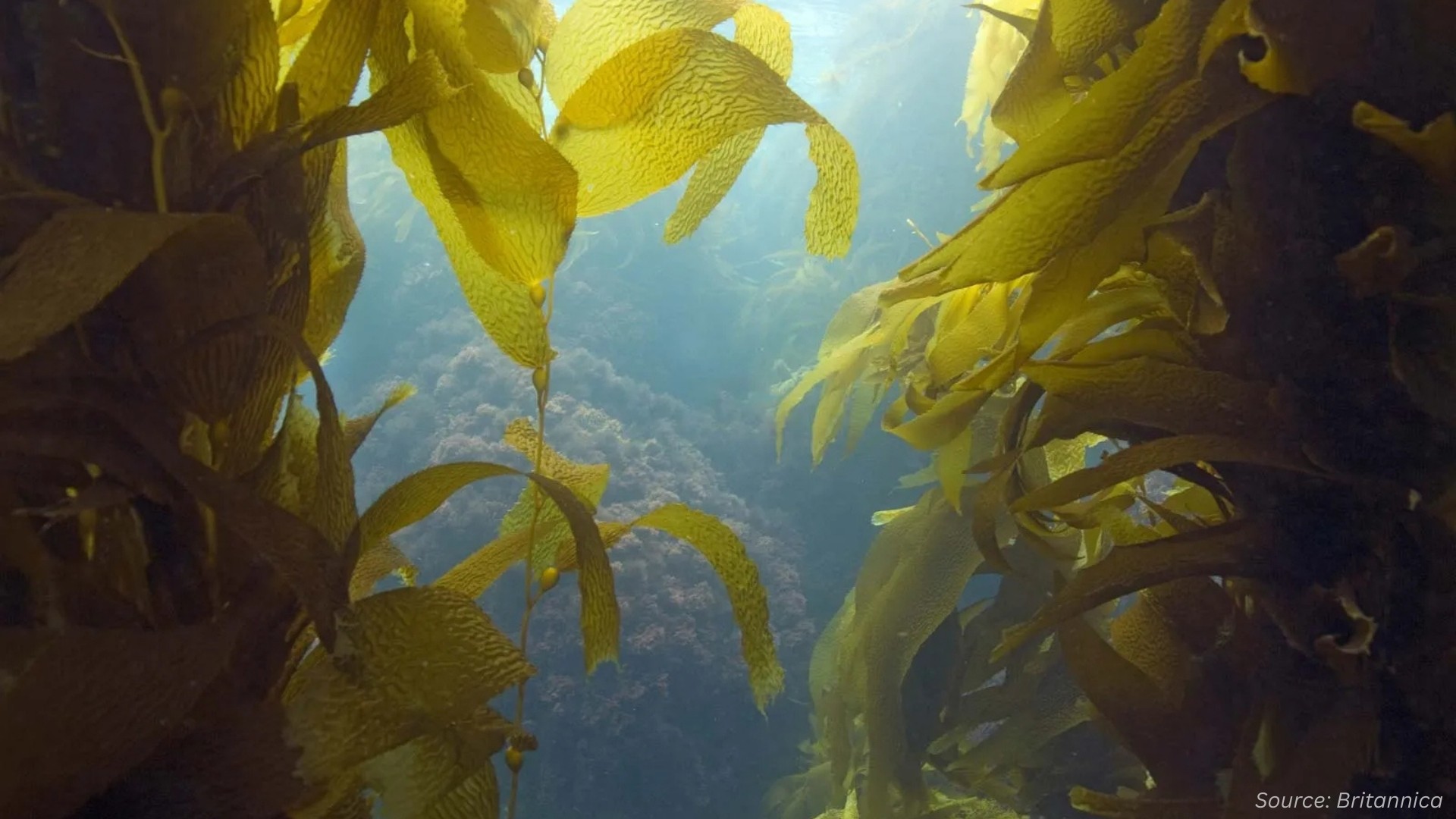The Future of Seeds: Innovations and Global Impacts
Published: 2025-09-10

Seeds are more than just the start of a plant—they are the foundation of food security, agricultural innovation, and global health. In 2025, advancements in seed technology and international health policies are reshaping how we grow food and combat disease. From DENSO’s acquisition of Axia Vegetable Seeds to the World Health Organization’s (WHO) critical role in global health, seeds are at the heart of transformative change.
Seeds in Agriculture: DENSO and Axia’s Game-Changing Partnership
In July 2025, DENSO CORPORATION, a global automotive parts manufacturer, acquired Axia Vegetable Seeds B.V., a Netherlands-based company specializing in high-quality tomato seeds for greenhouse cultivation. This move signals a bold step into AgriTech, blending industrial technology with seed breeding to address global food challenges.
Why Seeds Matter for Sustainable Agriculture
Climate change and population growth have intensified food shortages, making stable agricultural production critical. DENSO aims to integrate its automotive technologies—such as image recognition and artificial intelligence (AI)—with Axia’s expertise in developing tomato seeds known for high disease resistance, superior taste, and high yield.
According to the report by Next Move Strategy Consulting, the global Seeds Market size is predicted to reach USD 96.28 billion by 2030, with a CAGR of 5.4% from 2023 to 2030.
This collaboration seeks to create seeds optimized for automated farming and climate adaptation, ensuring reliable food production.
Key Facts About Axia Vegetable Seeds:
-
Founded: 2010
-
Headquarters: Naaldwijk, Netherlands
-
Revenue: €48 million (2024)
-
Employees: 132 full-time
-
Specialization: High-quality tomato seeds for global greenhouse markets
How Technology Enhances Seed Development
DENSO’s expertise in data-driven cultivation and AI technologies will accelerate seed development. By shortening the time needed to create new seed varieties, the partnership aims to deliver higher-value seeds faster. This approach supports automated farming systems, enabling precise, planned production from seed to harvest. More efficient farms that meet diverse producer needs while prioritizing sustainability.
Benefits of the DENSO-Axia Partnership:
-
Faster development of disease-resistant seeds
-
Improved yield through AI-driven cultivation
-
Support for automated greenhouse farming
-
Enhanced adaptability to climate challenges
The DENSO-Axia acquisition merges industrial innovation with seed breeding, paving the way for sustainable agriculture. By leveraging AI and automation, the partnership promises high-quality, resilient seeds to meet global food demands.
Who Are the Key Players Shaping the Global Seeds Industry?
The global seeds industry features leading players such as BASF SE, Bayer AG, Corteva Agriscience, KWS SAAT SE & Co. KGaA, Syngenta Group, Seminis Vegetable Seeds, Inc., Emerald Seed, Inc., Groupe Limagrain Holding SA, Sakata Seed Corporation, DLF Seeds A/S, Takii & Co., Ltd., UPL Limited, Bejo Zaden BV, Enza Zaden BV, and East-West Seed International Limited. These companies focus on strategies like product launches and innovations across different regions to strengthen their market position and sustain industry dominance.
Seeds and Global Health: The WHO’s Vital Role
Seeds play a broader role beyond agriculture—they are linked to global health through initiatives like the WHO’s vaccination campaigns. In 2025, the WHO’s efforts to combat infectious diseases, such as polio, rely on coordinated health programs in vulnerable regions. However, recent policy changes threaten these initiatives.
The WHO’s Contribution to Health Security
The WHO, funded significantly by the United States (18% of its $6.8 billion 2024–2025 budget), coordinates global responses to diseases like polio, mpox, and Ebola. Its work in vaccination campaigns and global health emergencies underscores its role in protecting vulnerable populations. Seeds, metaphorically, represent the preventive measures—like vaccines—that stop diseases from spreading.
WHO’s Key Activities:
-
Leads global health crisis responses
-
Supports vaccination campaigns in conflict zones
-
Coordinates data for vaccines and therapy development
-
Challenges from U.S. Withdrawal
On January 20, 2025, U.S. President Donald Trump signed an executive order to exit the WHO within 12 months and suspend foreign aid for 90 days. This decision, driven by claims of the WHO’s lack of independence and disproportionate U.S. funding, jeopardizes critical health programs. Experts warn that withdrawing U.S. support, which includes 18% of WHO’s budget, could weaken global health security and hinder pandemic preparedness.
Impacts of U.S. Withdrawal:
-
Reduced funding for WHO’s $6.8 billion budget
-
Potential disruption of vaccination programs
-
Increased vulnerability to pandemics
-
Challenges in data sharing for U.S. health agencies
The WHO’s health initiatives, likened to seeds of prevention, are critical for global disease control. The U.S. withdrawal threatens these efforts, potentially leaving populations vulnerable to health crises.
Bridging Agriculture and Health
The DENSO-Axia partnership and WHO’s health programs highlight seeds’ dual role in agriculture and public health. High-quality seeds ensure food security, while health initiatives prevent disease outbreaks, both contributing to global stability. However, challenges like funding cuts and climate change require innovative solutions and international cooperation.
Shared Goals:
-
Enhance resilience through innovation
-
Address global challenges like food and health security
-
Support sustainable systems for future generations
Next Steps: How to Support Seed-Driven Solutions
To advance the impact of seeds in agriculture and health, individuals and organizations can take actionable steps:
-
Support AgriTech Innovations: Advocate for policies that fund research in AI-driven farming and seed development, like DENSO’s initiatives.
-
Promote Global Health Funding: Urge governments to maintain or increase contributions to WHO programs to ensure robust health responses.
-
Educate Communities: Raise awareness about the importance of sustainable agriculture and vaccination campaigns in local communities.
-
Invest in Local Farming: Support greenhouse farmers using high-quality seeds to boost local food production and resilience.
-
Stay Informed: Follow updates from credible sources like DENSO and WHO to understand ongoing advancements and challenges.
Conclusion
Seeds, whether literal or metaphorical, are the starting point for sustainable agriculture and global health. The DENSO-Axia partnership showcases how technology can revolutionize farming, while the WHO’s work underscores the need for global health cooperation. By supporting these initiatives, we can cultivate a future where food and health security thrive.
About the Author
 Nitrishna Sonowal is a skilled SEO Executive and Content Writer with over 3 years of experience in the digital marketing industry. With a deep understanding of the ever-evolving digital landscape, she blends analytical insights with creative storytelling to deliver impactful digital solutions. She creates content that resonates with both clients and readers alike. Outside of work, she enjoys dancing, baking, and traveling to new places.
Nitrishna Sonowal is a skilled SEO Executive and Content Writer with over 3 years of experience in the digital marketing industry. With a deep understanding of the ever-evolving digital landscape, she blends analytical insights with creative storytelling to deliver impactful digital solutions. She creates content that resonates with both clients and readers alike. Outside of work, she enjoys dancing, baking, and traveling to new places.
About the Reviewer
 Sanyukta Deb is a seasoned Content Writer and Team Leader in Digital Marketing, known for her expertise in crafting online visibility strategies and navigating the dynamic digital landscape. With a flair for developing data-driven campaigns and producing compelling, audience-focused content, she helps brands elevate their presence and deepen user engagement. Beyond her professional endeavors, Sanyukta finds inspiration in creative projects and design pursuits.
Sanyukta Deb is a seasoned Content Writer and Team Leader in Digital Marketing, known for her expertise in crafting online visibility strategies and navigating the dynamic digital landscape. With a flair for developing data-driven campaigns and producing compelling, audience-focused content, she helps brands elevate their presence and deepen user engagement. Beyond her professional endeavors, Sanyukta finds inspiration in creative projects and design pursuits.















Add Comment